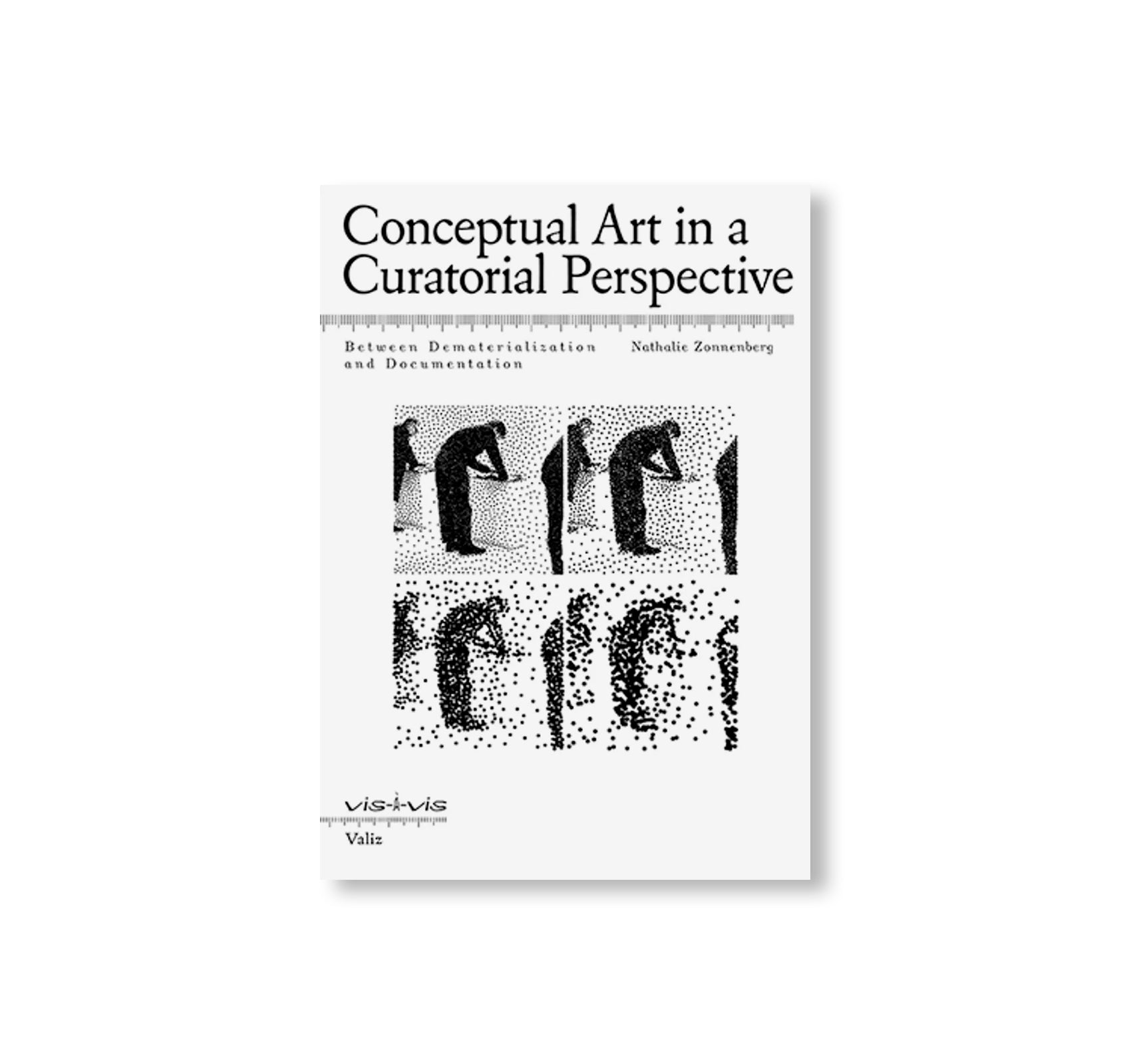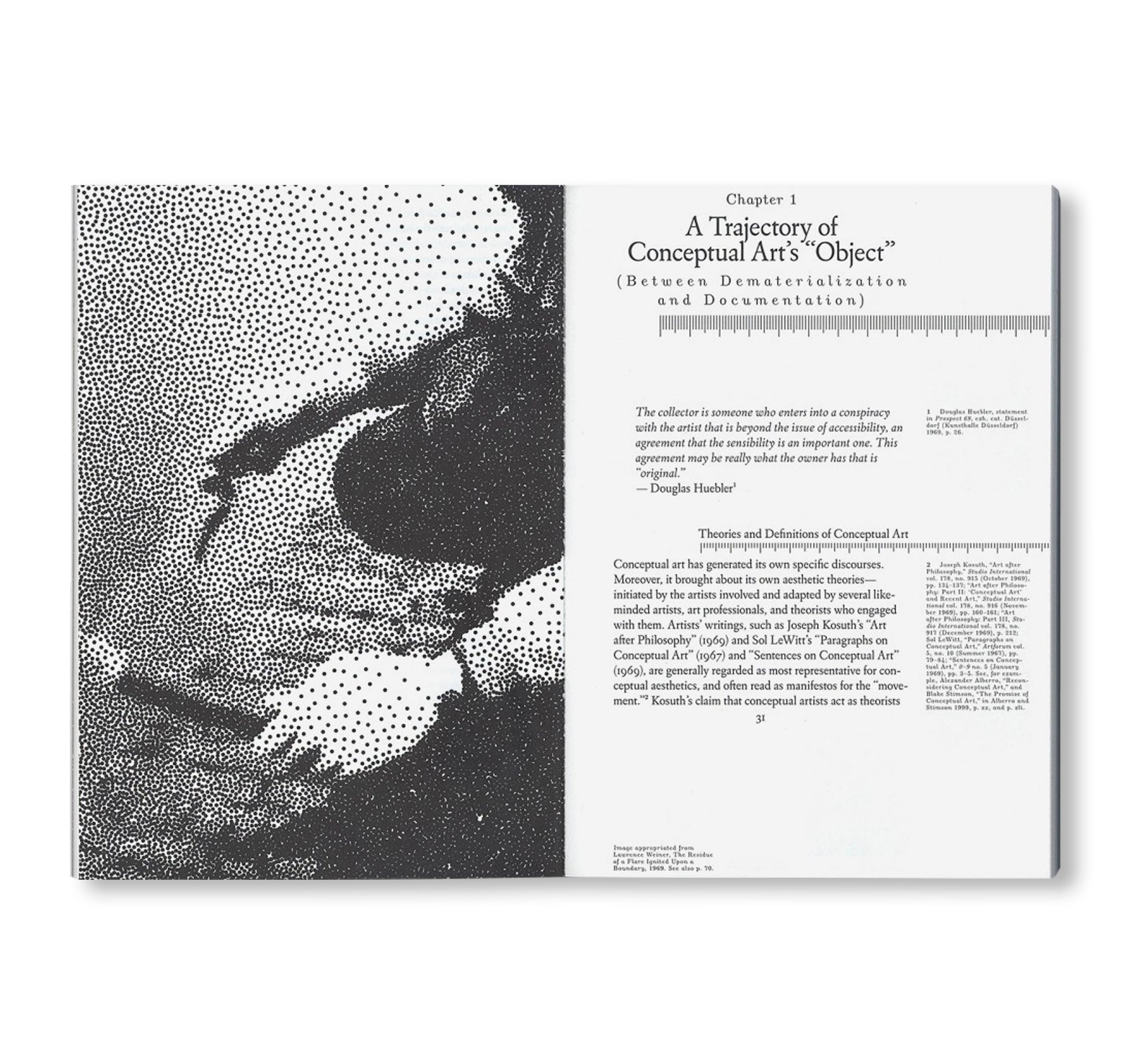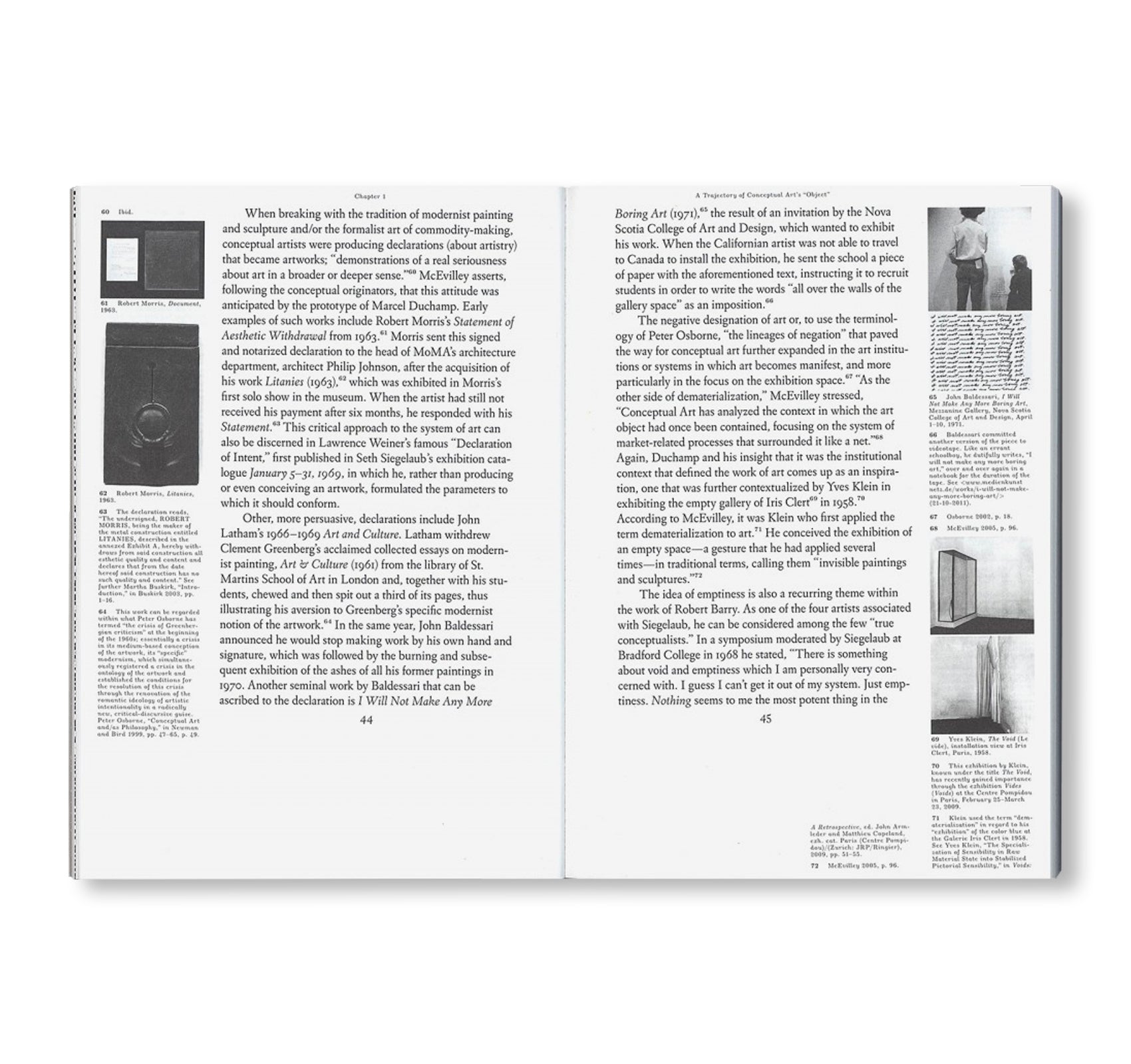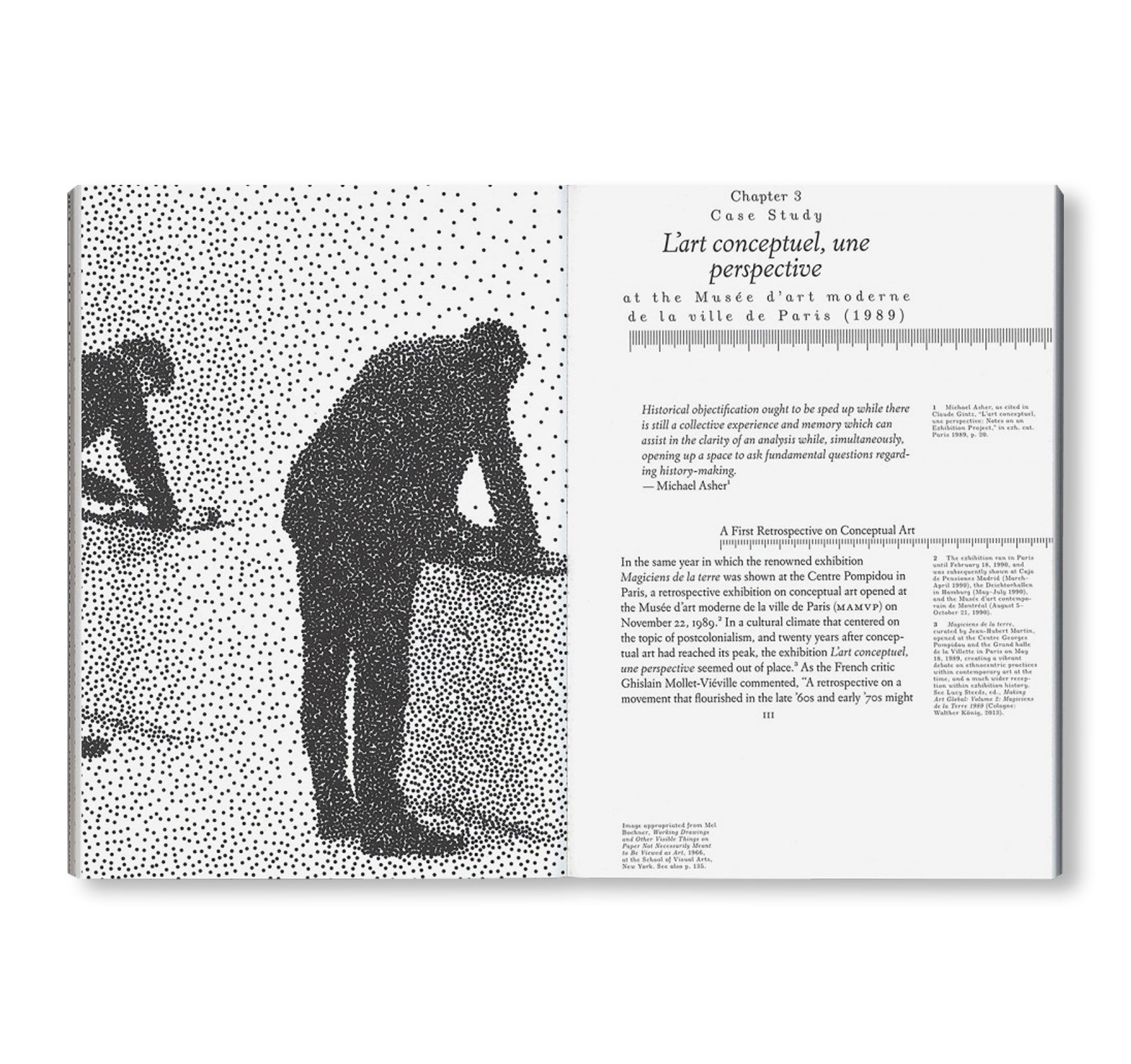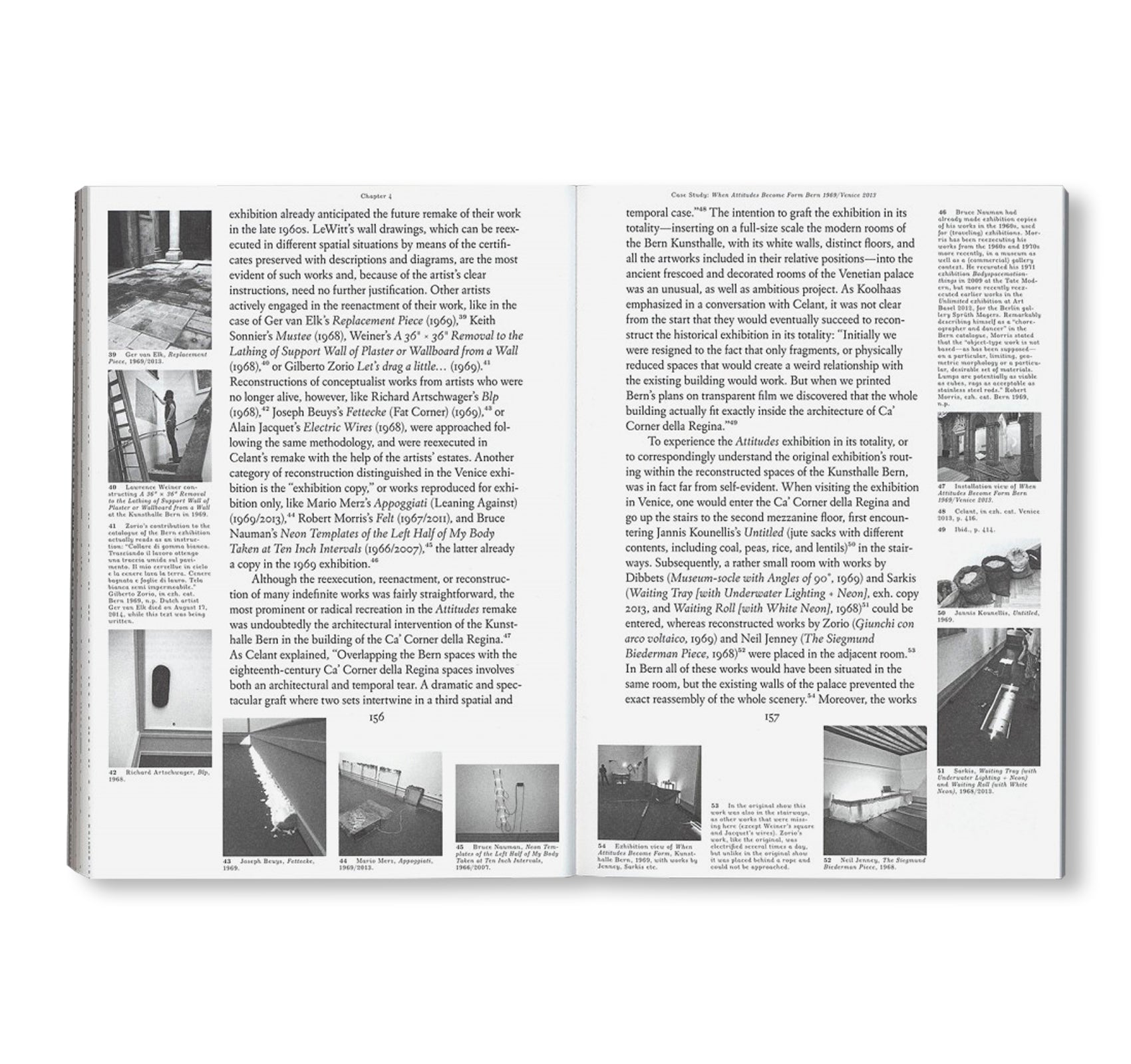CONCEPTUAL ART IN A CURATORIAL PERSPECTIVE: BETWEEN DEMATERIALIZATION AND DOCUMENTATION by Nathalie Zonnenberg
オランダ人美術史家、キュレーターであるナタリー・ゾンネンベルク(Nathalie Zonnenberg)の作品集。コンセプチュアル・アートを展示する際、キュレーターとしていかに実践すべきかということに焦点を当てている。コンセプチュアル・アートというものが「オブジェに基づいていない芸術」であるという事実は、作品展示や再び展示する機会において課題を生み出している。本書は、3つのケーススタディを詳細に記し、コンセプチュアル・アートの矛盾を分析した広範な序論に基づきながら、美術館の文脈でコンセプチュアル・アートをどのように扱うべきか、様々な視点を我々にもたらしている。また、コンセプチュアル・アート作品によって催された展覧会の歴史や、正典化する中でのキュレーターの影響も詳しく述べる。本書の目的は、明確に実践的な解決策を示すことではなく、この問題と、伝統的なキュレーションという分野におけるさまざまな対応の仕方について考え、その認識を高めるところにある。本書は、芸術と文化、殊に美術館学とキュレーション学を学ぶ学生、美術や美術館の専門家、そして1960年代と1970年代の美術に関心を持つすべての人に関わってくるものであろう。
Conceptual Art in a Curatorial Perspective: Between Dematerialization and Documentation focuses on the curatorial practice of exhibiting conceptual art. The fact that conceptual works are not object-based, creates challenges in exhibiting or re-exhibiting them. This book offers various perspectives on how to handle conceptual art in the context of the museum, based on three detailed case studies and an extensive introduction in which the paradox of conceptual art is analyzed. It also elaborates on the history of exhibiting conceptual artworks, and on the influence of curators in their canonization.
The aim of the book is not to offer clear-cut practical solutions, but to raise awareness of the issue and the different ways of dealing with it within the traditional curatorial field. It is relevant for students of art and culture (particularly in museum and curatorial studies), art and museum professionals, and everyone interested in the art of the 1960s and 1970s.
